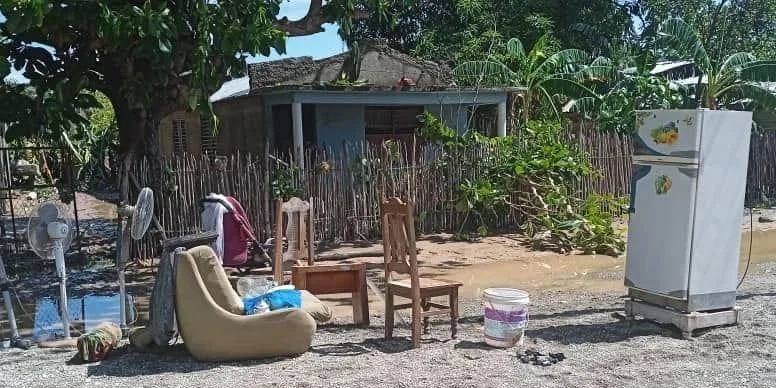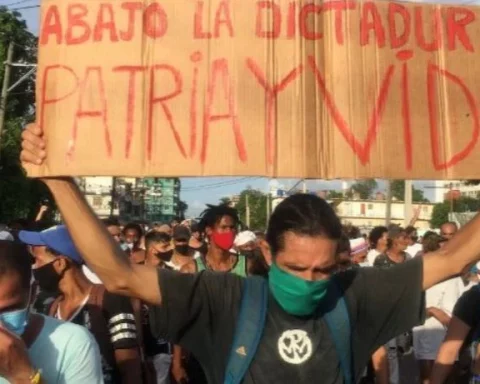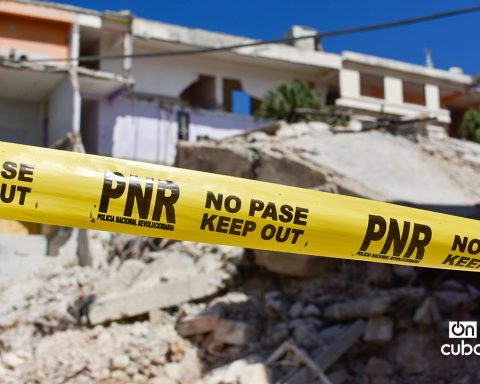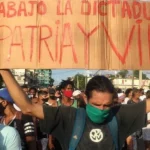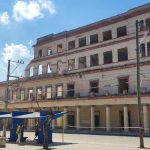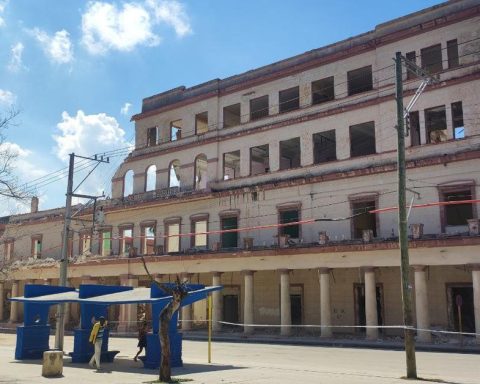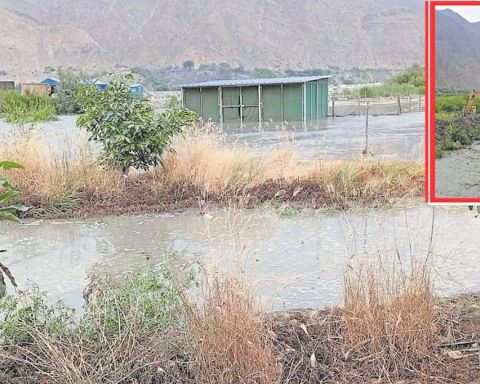HAVANA, Cuba. – The tragedy of San Antonio del Sur and Imiasthe abandonment suffered by its inhabitants, who had to face the catastrophe alone and uninformed, is another chapter added to the extensive history of negligence, ineptitude and possibly even very bad intentions of a bankrupt criminal regime that, in its desperation to save itself, It uses everything that can provoke pity among allies and cronies, everything that can mobilize public opinion and international aid in its favor, essential for an economy that almost exclusively survives by dint of donations, condonations and remittances.
Provoking pity, accelerating the arrival of quick, easy and interest-free money but, in addition, justifying, in the condition of a “country besieged by the enemy”, a “war economy”, the increase in repression against opposition groups and the independent press that they are the only major unresolved problem so that the image of “good people” that they project abroad, of political stability and a high rate of popular approval, is not tarnished with revelations, unmaskings, protests and denunciations.
Apparently neither the Saratoga hotel explosion nor the fire in the Matanzas Supertanker Base (two tragedies for which those directly responsible or the final results of the investigations have not yet been presented) were enough to leitmotivso just a few hours before the start of the BRICS meeting —in which Cuba was declared “associate member”—, they arrive the total blackout and everything bad happens when a country in the middle of the hurricane season disconnects.
Another “accident” as expected. A “chance” that is too coincidental not to be noticed, because if it is very true that the lethality of a cyclone cannot be predicted or planned, it is also true that the conditions for eventualities to become fatalities can.
As it can also be planned and paid for dearly, with the dollars they say they do not have, a page of The New York Times calling for an end to the embargo just a few hours after someone turned off the stage lights to make the performance more interesting.
Likewise, the almost instantaneous mobilization of the dozens of solidarity groups managed by the Cuban dictatorship abroad through its embassies and consulates can be planned, an influence that is rather understood as the most important intelligence work of the communist regime, in It has had a considerable impact on universities and on sectors of American and European politics and thought.
What happened in San Antonio del Sur and Imías was not planned as it happened, but the misinformation, the silence, the disinterest shown by the official media prior to the impact of the meteor, the policy of the authorities with their arms crossed, the justifications of Miguel Díaz-Canel’s response to the claims and denunciations of Guantanamo residents is evidence that some of them saw in the catastrophe an opportunity to reinforce the script of the general blackout.
A script that began long before the prime minister appeared on television, in a special broadcast from the eastern end of the Island that took long enough to raise the dramatic tension but, more than that, to make it clear even to the most naive that what happened a few hours later was not a coincidence.
The blackout came as a meticulously planned event that served to reinforce the role of victim that Bruno Rodríguez Parrilla once again represented for those who attended the Kazan conclave, although this time, because the necessary and desired sponsorship of the BRICS was at stake, he had to do it accompanied by an extraordinary and media event that would leave no room for rejection; an eventuality that at least out of compassion, out of charity, would force them to throw them the life preserver.
A move that actually worked for them, even beyond what was planned because at least a few barrels of oil will take from Mexicoalong with some donations from the rest of the international community.
If the strategy did not serve them for one thing, for the main objective of conquering the BRICS, at least it would help them with others, at a time when the food and fuel reserves for the population were at zero, and when they were almost there. to the extreme point of reaching into those pantries that, judging by the voluminous bellies we see, are undoubtedly well stocked.
The repressive wave unleashed the day before against opponents, the police surveillance stationed and reinforced in the most “problematic” neighborhoods, even the abrupt closure of the La Güinera marketplace where one of the most important protests of July 11, 2021 took place – which included the assault on a Police station and the murder of one of the protesters -, the mobilization of the Armed Forces almost a week before it occurred the general blackout, are indicative that if something happened after October 17 with electricity, it was not exactly a chance accident.
Something to begin to suspect that the previous fires and deaths – evidently used to mobilize feelings of mourning in favor of the dictatorship, as well as to reinforce the thesis of a “hating” opposition, criminalized just for insisting on asking annoying questions and searching for answers to what remains unanswered—were not simple accidents.
Not in a country where the Police boast of catching in less than 24 hours anyone who writes a protest phrase on a wall, and anyone who publishes a complaint or a joke on social networks.
This blackout announced without being announced, as well as the lethality of this cyclone of misinformation and apathy that took the lives of several elderly people and a girl, among othersplus thousands of homeless people in eastern Cuba have more flesh and blood, with names and surnames, to blame for this perverse “blockade” that allows them to build hotels and drive luxury cars but not modernize the electrical infrastructure or import rice from the basic basket.
